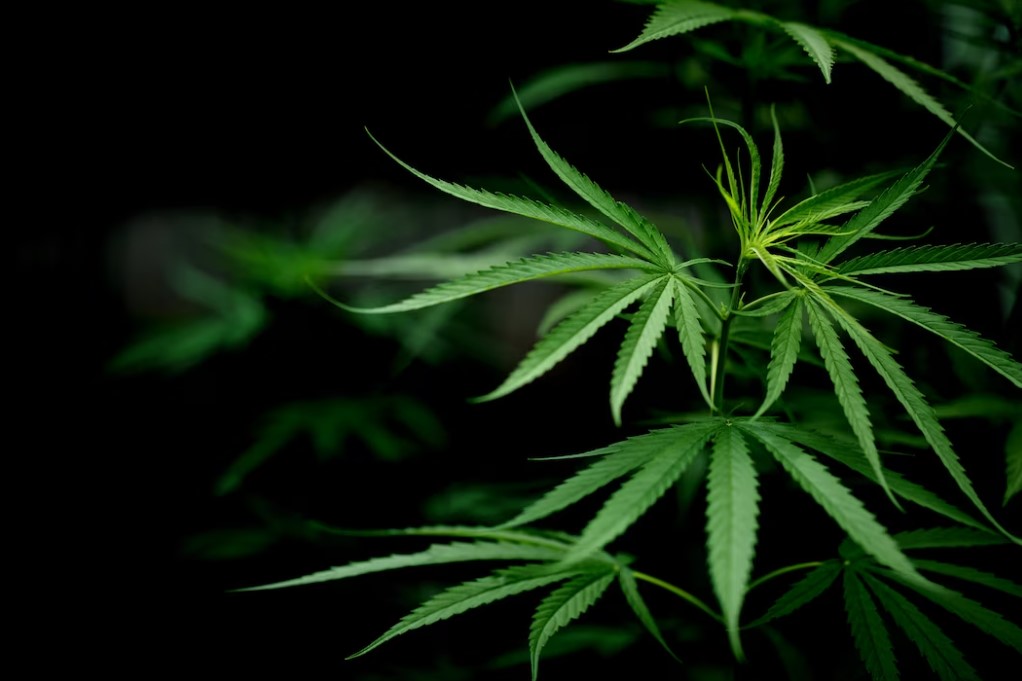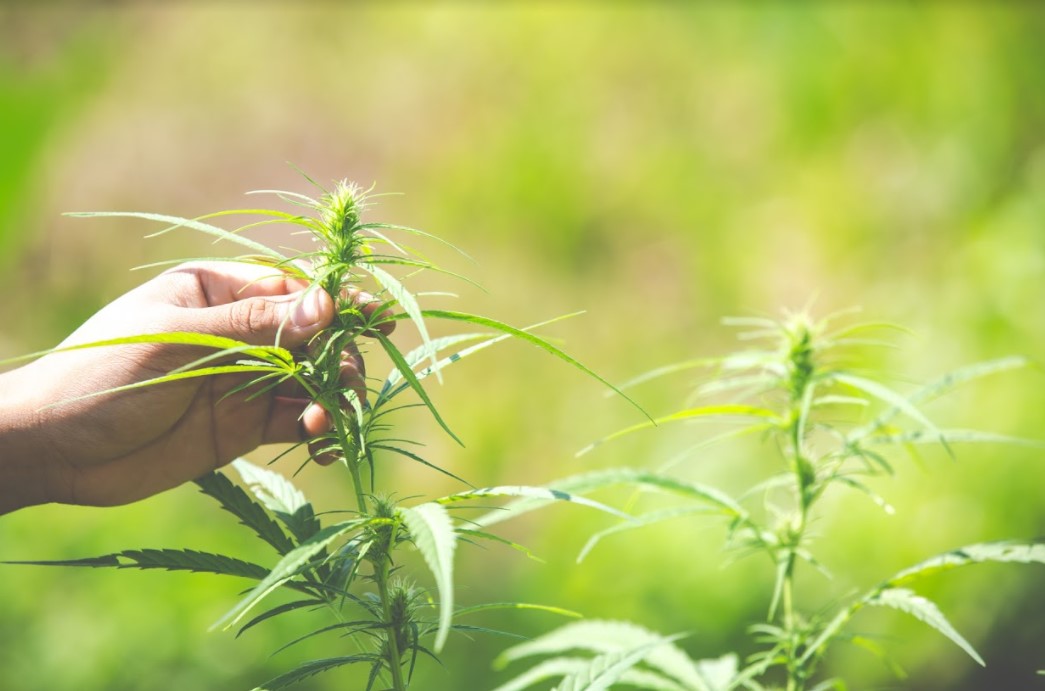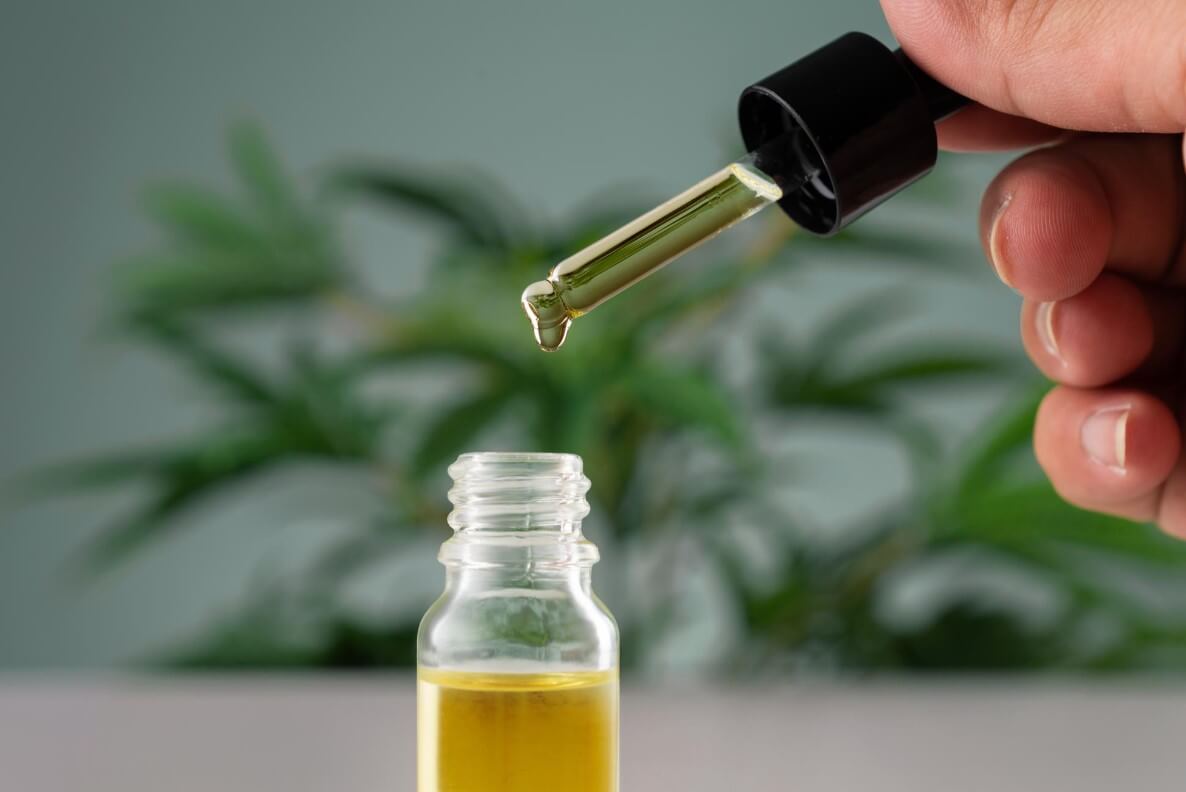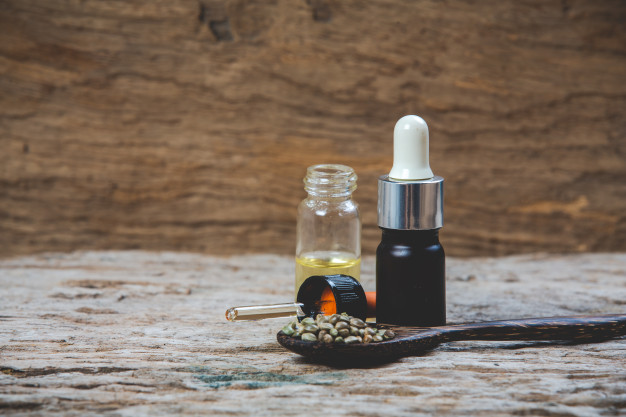
CBG for Nerve Pain: Supplementing the Treatment of Chronic Diseases
The landscape of hemp and cannabis-derived products is continually evolving,

In line with the growing popularity of hemp and other cannabis products, more and more people are becoming curious about the ancient plant, cannabis. The two most well-known compounds that can be isolated from cannabis – which are currently the subject of promising research – are cannabidiol (CBD) and tetrahydrocannabinol (THC). Let’s explore the effects of THC.
Tetrahydrocannabinol (THC) is a psychoactive compound found in the cannabis plant. THC binds to cannabinoid receptors located in brain regions associated with learning, memory, movement, pain sensation, coordination, and time perception.
By activating these receptors, THC influences a person’s memory, pleasure, motor coordination, thinking and concentration abilities, as well as sensory perception.
The medicinal use of marijuana dates back at least 5000 years. Marijuana is said to have been one of the ingredients of the sacred anointing oil mentioned in the original Hebrew version of the Exodus.
Ancient Egyptians likely used marijuana to treat glaucoma and general inflammation. Native Americans may have used cannabis as a remedy for leprosy, dysentery, fever reduction, facilitating sleep, and improving judgment.
The spiritual use of marijuana also has a long history in India. The Vedas, a collection of ancient scriptures, refer to cannabis as a medicinal herb that promotes freedom from anxiety.
Other ancient cultures also utilized marijuana. Ancient Greeks used it for inflammation, earaches, and swelling, and sometimes smoked it for spiritual, emotional, and recreational purposes.
Romans boiled the roots of the plant and used it to treat gout, arthritis, and general pain.
When THC binds to CB1 receptors, it activates the brain’s reward system, leading to the release of dopamine. This sudden surge of dopamine results in the euphoric high associated with recreational marijuana consumption.
Additional effects of THC include:
Since early 2017, medical marijuana use has been legalized in more than half of the United States. Several states have also legalized the drug for recreational purposes.
THC can be extracted from marijuana or synthesized, as in the case of the FDA-approved drug called Dronabinol. Dronabinol is used for the treatment or prevention of nausea and vomiting associated with cancer medications, as well as to increase appetite in AIDS patients.
Based on research, medical marijuana can help in the treatment of the following conditions and symptoms:
Cannabidiol (CBD), another chemical compound found in the cannabis plant, does not contain THC and does not produce psychoactive effects or intoxication.
USA Medical CBD is able to help in the same way as THC without any of the side effects of smoking marijuana. CBD is an incredibly powerful supplement and USA Medical is proud to have organic, science-backed and third-party tested CBD available to you.
These statements have not been evaluated by the FDA. Our products are not intended to diagnose, treat, cure, or prevent any disease. Please consult with a healthcare professional before use.

The landscape of hemp and cannabis-derived products is continually evolving,

Various medicinal uses of the different natural compounds found in

Even though you’ve already heard about the many incredible benefits

When we talk about the wonders of the hemp and

Understanding CBD: A Natural Compound from the Cannabis Plant CBD,

Can CBD be used for sunburn relief? Sunburn is a


Get your coupon instantly!
This coupon has no restrictions – use it on anything at USA Medical.

Join the USA Medical Family!
Get access to exclusive offers and giveaways in our Facebook group.
These statements have not been evaluated by the Food and Drug Administration. These products are not intended to diagnose, treat, cure, or prevent any diseases. Results may vary.
This site is protected by reCAPTCHA and the Google Privacy Policy and Terms of Service apply.
© USA Medical, 2024. All rights reserved.